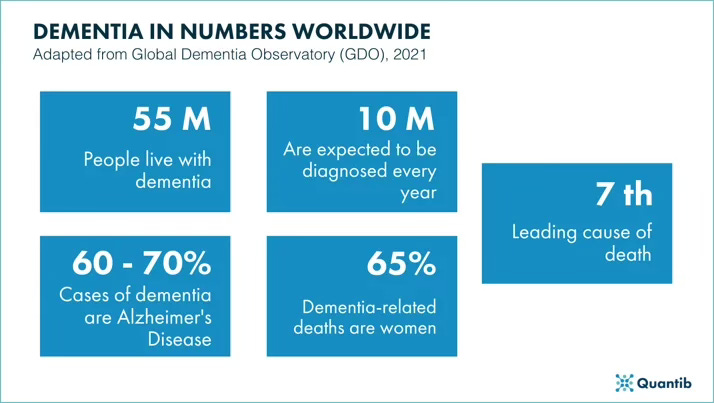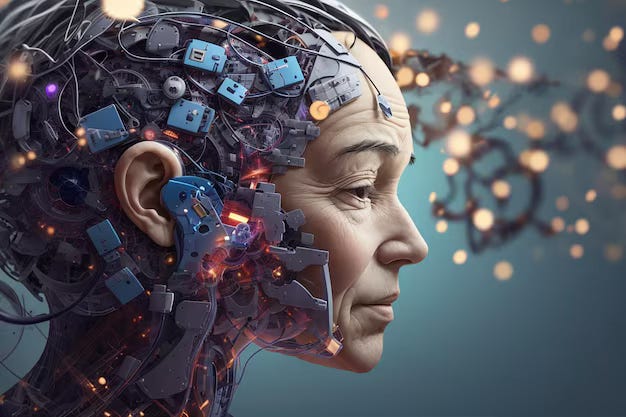AI-Powered Dementia Prediction: The New Frontier in Preventive Neurology
Welcome to Medical AI Advancements — your trusted guide to real-world breakthroughs in AI-driven healthcare.
⚠️ The Urgency of Early Detection
Dementia — including Alzheimer’s and other neurodegenerative conditions — remains one of the greatest health challenges of our time. With over 55 million people currently affected worldwide, and numbers expected to double every 20 years, the need for earlier and more effective interventions has never been greater.
But here’s the challenge: by the time symptoms like memory loss appear, it’s often too late for meaningful intervention. The damage has already been done.
That’s why a groundbreaking advancement from Mass General Brigham could be a game changer.
🧬 The Breakthrough: Deep Sleep and Deep Learning
Researchers have developed an AI model that predicts cognitive decline years before traditional symptoms appear — using just one night’s worth of sleep data.
The AI analyzes brain waves captured by EEG (electroencephalography) and detects subtle patterns, particularly in the gamma frequency band, that are highly correlated with future cognitive impairment. These gamma waves are critical for memory formation, attention, and higher-level thinking.
🔍 Results:
In a study of women aged 65+, the model achieved:
85% sensitivity in predicting who would develop cognitive issues
77% overall accuracy
This is one of the first times AI has demonstrated such predictive power using standard sleep-based diagnostics.
🏥 From Clinics to Bedrooms: The Future of Brain Health Monitoring
One of the most exciting implications? This technology is practical. EEG is widely available, non-invasive, and cost-effective. Now, researchers are exploring wearable EEG devices for at-home screening — transforming brain health assessment into something as routine as a blood pressure check.
And it gets better.
⚡️ Can brain waves be adjusted to prevent decline?
Yes, possibly. Early experiments are investigating whether electrical stimulation during sleep can modify these critical wave patterns and reduce dementia risk. Imagine a world where your wearable not only detects decline — but helps stop it in its tracks.
🧠 Why This Matters
This is the future of medicine in action — predictive, personalized, and proactive.
For patients, it means a chance to prepare, intervene early, and possibly slow or prevent disease.
For clinicians, it’s a new diagnostic tool powered by real-time data and machine learning.
For healthcare systems, it’s a pathway to reduce long-term costs and improve quality of life for millions.
This is not hype — it’s here now, and it’s working.
🧵 Key Takeaways
✅ AI can predict dementia years before symptoms — using one night of EEG data
✅ Wearable EEG tech could bring this screening into the home
✅ Electrical brain stimulation may offer a future path to prevention
✅ The move from reactive to preventive neurology is accelerating — fast
📬 Want More Like This?
Medical AI Advancements delivers the most important developments in artificial intelligence and healthcare — straight to your inbox.
👉 Subscribe for weekly breakdowns of innovations that matter.
📤 Forward this issue to a colleague or friend.
💬 Reply and let me know your thoughts on this topic!
Andrew Duggan
Founder, Medical AI Advancements





